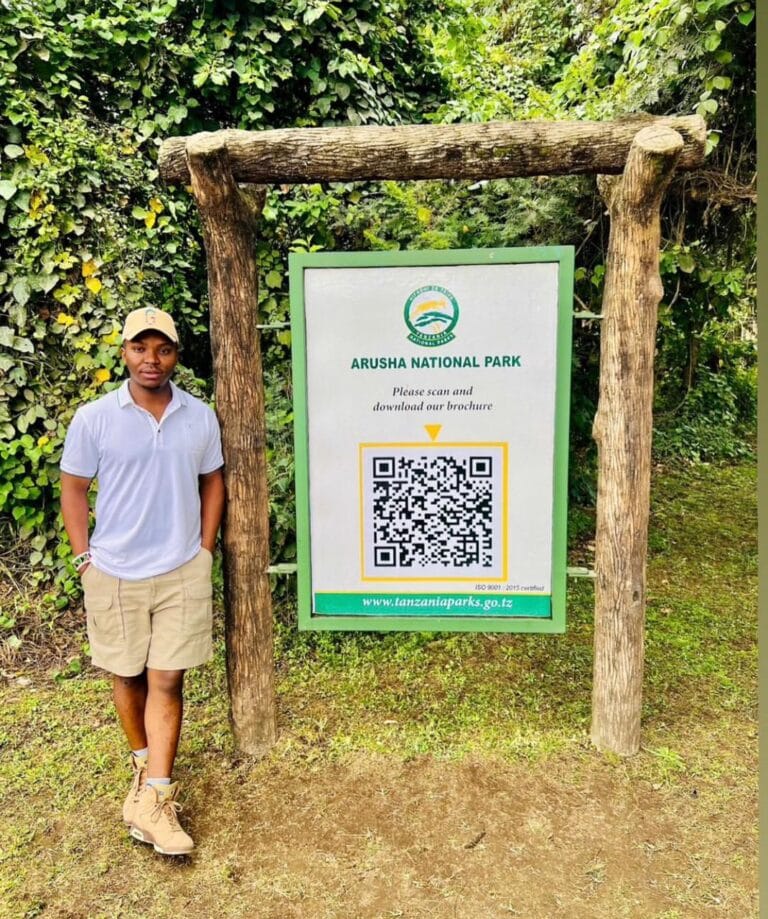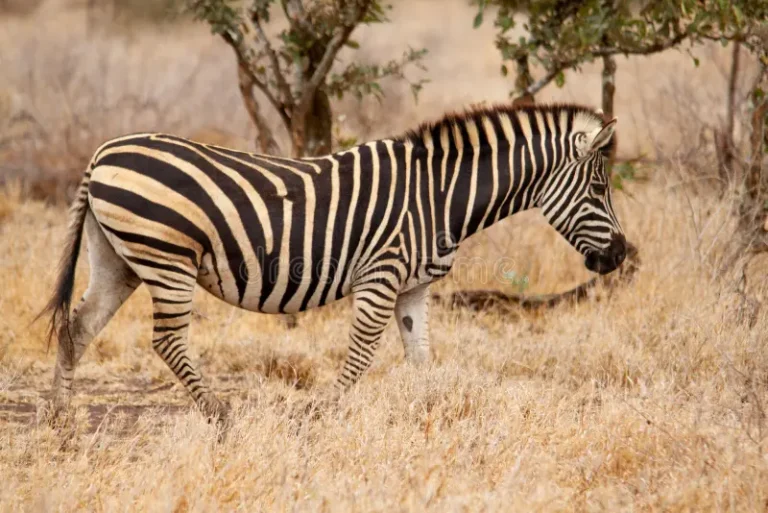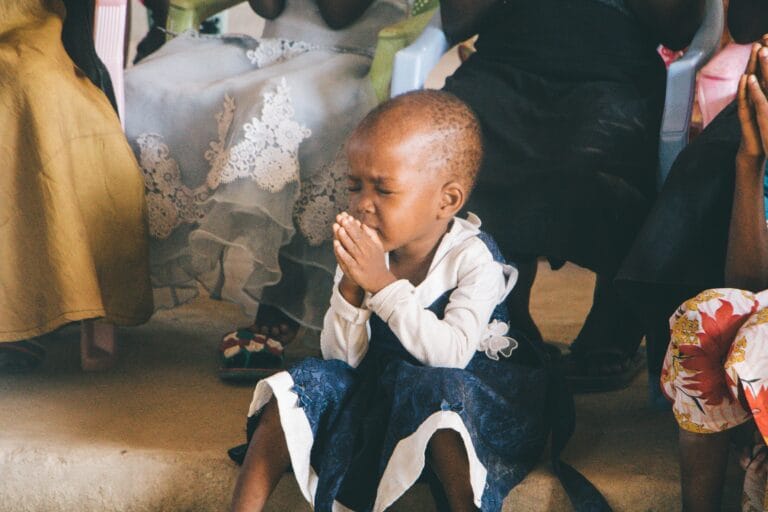Feasting to Fishing
By Justin Mwita David
“A Mindset transformation journey for African youth, shifting from Dependency to Self-Sufficiency”
Africa has the youngest population in the world, with over 400 million young people aged between 15 to 35 years. This demographic presents both challenges and opportunities.
The majority of African youth are caught in a dilemma that is both complex and disheartening. They are perceived to be more interested in exploiting a flawed system for personal gain rather than aspiring to build a better society. This perception is based on the metaphorical observation that they chase after those who distribute fish, indicating a preference for immediate gratification (Feasting), and turn their backs on those who want to teach them how to fish (Fishing), symbolizing a disregard for long-term self-sufficiency and societal improvement.
The allure of immediate gratification, represented by the distribution of fish, is a powerful force for many young Africans. On the other hand, the disregard for long-term self-sufficiency, symbolized by turning their backs on learning how to fish, reflects a lack of interest in acquiring skills and knowledge that could lead to sustainable success and societal contribution.
This mindset has significant implications for society. It perpetuates a cycle of dependency and short-term thinking that hinders societal progress and development. Empowering African youth to transition from dependency to self-sufficiency is a task that requires the collective efforts of various stakeholders and the key to unlocking the full potential of the continent’s young population lies in several areas.
African youth aspirations often do not align with the current and projected labor market demands in the region. Despite this, they are increasingly taking an active role in shaping their future, disrupting traditional views of African agriculture, industry, IT, and sustainability.
By investing in education, skills development, entrepreneurship, civic engagement, and supportive ecosystems, we can unlock the full potential of the continent’s young population. It is time to shift the narrative from one of dependency to one of empowerment, where African youth are equipped with the tools and opportunities to build a brighter future for themselves and their communities.
Regardless of whether you’re an educator, policy maker, parent, or a young individual, your viewpoint is invaluable. Let’s perpetuate this dialogue and collaborate to empower Africa’s youth. The actions we take today have the potential to sculpt the continent’s future.
It is our deepest commitment at MBS Trinity care to ensure that we are leading in the journey of mindset transformation for the African youth and foster the spirit of growth and sustainability for a brighter future.






